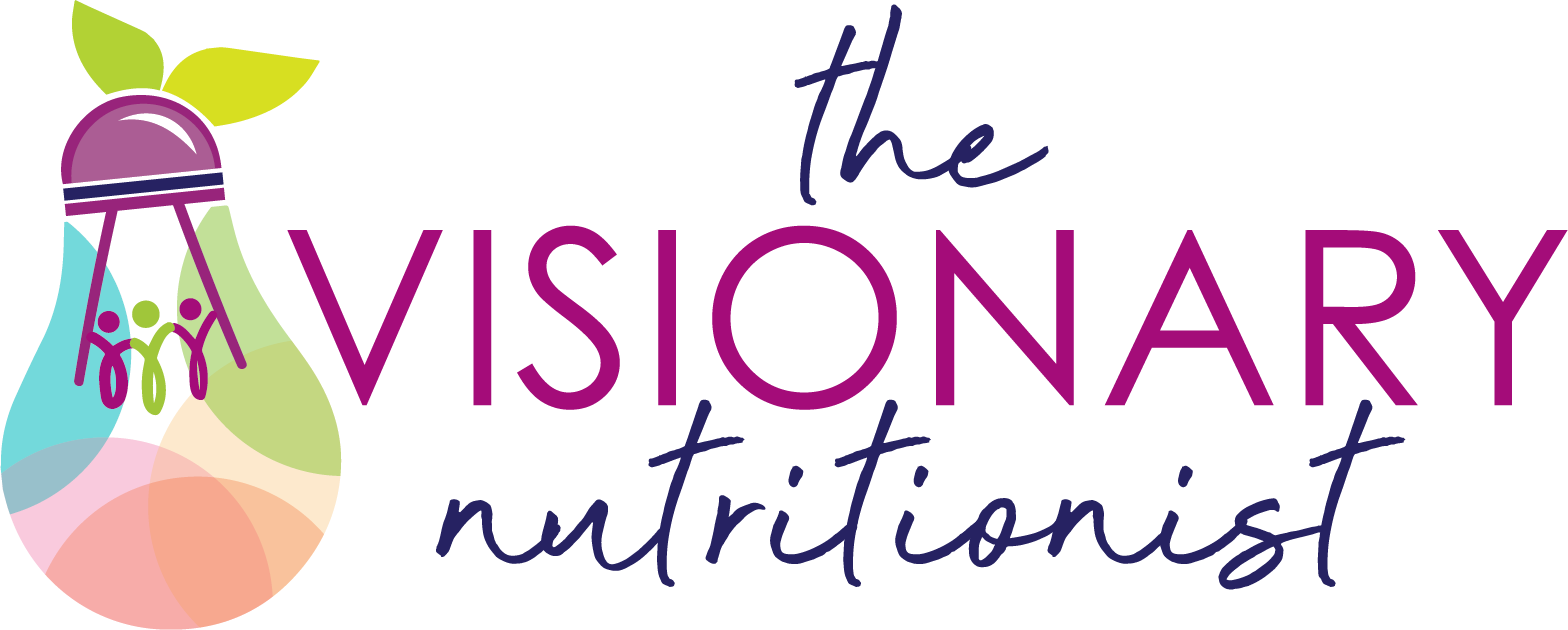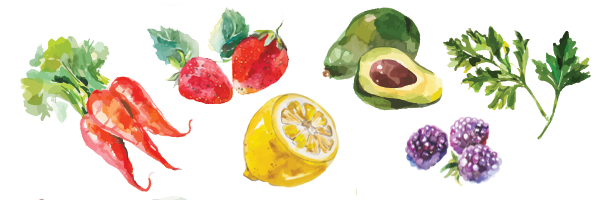THIS is not what I signed up for as a career, and most definitely NOT what I do, or look like!
It is indeed a strange time to be alive and working as nutritionist. Even Google is confused.
From internally screaming at embarrassingly cringeworthy #BadStockPhotosOfMyJob, to publicly vocalising the damage done by health and wellness “influencers” touting dangerous nutrition misinformation every five seconds, I often don’t know whether to laugh or cry.
You see, I do not in any way, shape, or form, identify with the stereotypical image of working as nutritionist, or dare I say it, a “health influencer”. From predominately white women laughing at salads and their hilarious jokes, to awkwardly posing in a white lab coat holding a piece of fruit in one hand, and a stethoscope in the other, mainstream media has got “us” all wrong – ultimately doing much more harm, than good.
Being a university-qualified nutritionist, and a (accidental) “health influencer” by default, isn’t *always* fun. In truth, it is often mentally and emotionally exhausting, and far from glamourous.
In truth, I ambored out my brains seeing the same-old bland and tasteless nutrition messages cropping up time and time again and being re-branded as something ‘new and ground-breaking’ by unqualified Insta-famous wellness gurus. Sorry, Sharon. But lemon in water, is just lemon in water. I wouldn’t call erosive tooth enamel a “detoxifying” weight-loss miracle.
However, it’s not just Australia’s poor health literacy levels which are cause for concern. An integral part of my role as a public health nutritionist is to consider the collective needs of individuals, local communities, food systems, and our planet, and the internal and external forces that interact with them.
Something which has never made sense to me, is how much nutrition professionals and social media health influencers take for granted the privilege of being generously gifted “free food” and products. How can we turn a blind eye to millions of Australians teetering on the poverty line relying on JobSeeker and other welfare assistance supports to survive?
According to the Australian Council of Social Services (ACOSS), thousands, if not millions of people around the country are having sleepless nights:
- Wondering when and where their next meal will come from;
- Preparing to skip meals so their children don’t go to school hungry;
- Contemplating how their health and wellbeing will be impacted from rationing or skipping medications;
- Calculating if they will be able to afford to pay for rent and their essential bills and;
- Worried about meeting their mutual obligation requirements to receive these payments
Together, with the help of a few colleagues, I have written for Australia’s Right to Food Coalition, exploring the devastating implications of the link between poverty and food insecurity in much more depth.
If there’s anything I’ve learnt throughout my nutrition career so far, it’s that education is rarely enough to create the positive change we want and need to see in the world – whether that be health-related, or otherwise.
It is a known fact that the world’s poorest neighbourhoods are likely to have the poorest health outcomes, and the highest mortality (death) rates. In the wise words of one of my all-time public health heroes, Sir Michael Marmot:
“Why treat people and send them back to the conditions that made them sick?”
In other words, we need to be much more proactive about understanding and addressing the root causes or determinants of physical and mental health and wellbeing. In the public health world, we call this taking an upstream approach to health promotion and chronic disease prevention.
Someone might not be meeting their arbitrary serves of fruits, vegetables, and macronutrients every day, not because they’re “lazy”, but because they might not have the means to afford a variety of fresh produce. Because they might live in a rural or remote part of the country, where the fresh produce they do receive is expensive, of poorer quality, and buying packaged, tinned, or frozen food is cheaper and a more feasible option. They might not have easy access to personal or public transport. They genuinely might not have received adequate amounts of education to be able to navigate our complex food and health care systems or feel confident cooking in the kitchen or reading a food label. They might even be living in a city like Flint, Michigan in the United States, living without a safe and reliable water supply.
I hope this serves as another humbling reminder for us all not to judge a book by its cover.
Individual blame for one’s health status is far from a worthwhile and productive pursuit.
The ‘invisible’ work of REAL nutritionists
There is a method to my madness in sharing this little rant with you – I promise.
The point I’m trying to get at here is, the world truly needs a different kind of health influencer.
Now, more than ever.
Someone who understands nutrition is a human right, not a privilege.
Someone who sees beyond being “liked” and the instant gratification of social media.
Someone who is here to truly listen and embrace the stories of our First Nations People, people of colour, and those who have hurt, “forgotten” or discriminated against.
Someone who thinks about food and health in the context of our past, present and future.
Someone who is stands for science, but celebrates food in the context of art, creativity, and culture.
Someone who is not afraid to keep our politicians accountable in wanting to create positive change.
Someone who is here to deeply nourish ourselves, our planet, our families, and communities.
Someone who is not going to rest till the world’s greatest health inequalities no longer exist.
Someone who is here to put in the hard yards, for the long haul – success, failure, and all.
I am hoping throughout my career as The Visionary Nutritionist, I can be that someone for us all.
On the note of leadership, it absolutely blows my mind that Australia has not yet invested in a department or ministry for food, nutrition, and agriculture. Furthermore, I am absolutely appalled that Australia has failed to adopt a national food and nutrition policy in my entire lifetime! That is literally a whole generation who’s been let down and, in the meantime,, been heavily influenced by a highly unregulated media industry, whose interests, clearly do no lie in public health.
As stated in my manifesto, the time is NOW for nutrition to be rewritten in the most daring, just and inclusive way possible.
While you might not see all the behind-the-scenes action needed to positively transform our food and healthcare systems, the ‘invisible’ work of real health influencers, like public health nutritionists, is something I assure your future-self won’t take for granted.
One day when we can all fill our plates with nourishing food in favour of our health and our planet – without fear, without judgement, and without losing sight or connection to what really matters most, that’s when our hearts, bellies and minds will be most content.
Hungry for more? Subscribe to my newsletter below to receive even more visionary insights, news, updates and more!
Cover image source: FreePik








